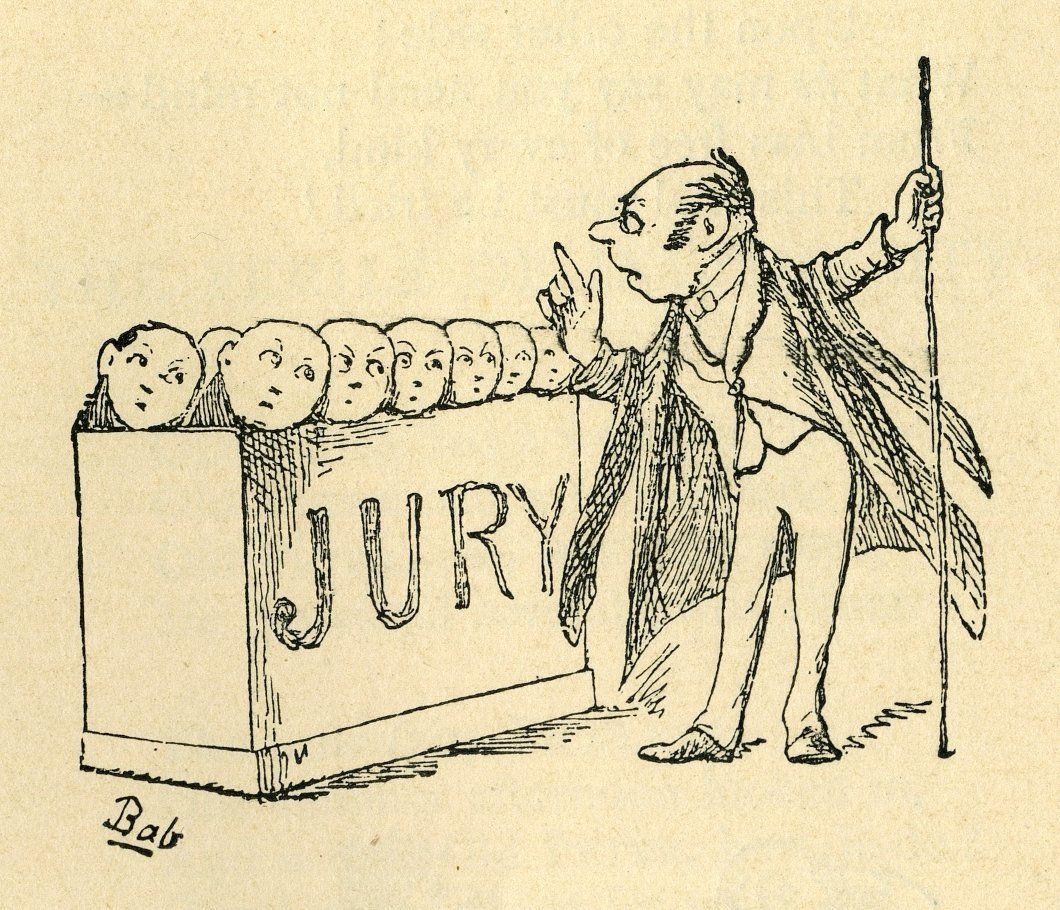Workplace Retaliation
Is My Employer Retaliating Against Me?
What good are rights in the workplace if you will be fired for exercising them?
The law protects employees who complain about discrimination and harassment in the workplace. Nevertheless, employer retaliation is still a reality and some managers do fire employees who exercise their workplace rights. Cases of retaliation can be both emotionally distressing and legally complex, so if you believe you’re experiencing retaliation, consult Employment Attorney Raymond Nardo. Attorney Nardo has extensive experience in cases of retaliation and has obtained millions of dollars in settlements for his clients. He can guide you through the legal process and protect your rights.
What is Workplace Retaliation?
In this blog post we will explore what workplace retaliation is, how to recognize retaliation, and what you can do about it. Retaliation occurs when an employer takes adverse action against an employee for engaging in a “protected activity.” To qualify as "protected activity," your underlying complaint must allege discrimination based on race, national origin, color, age, gender, disability, sexual orientation, or some other protected characteristic. According to the U.S. Department of Labor, “An adverse action is one which would dissuade a reasonable employee from raising a concern about a possible violation or engaging in other related protected activity.”
Retaliation can take many forms—from an employer taking adverse action against an employee for speaking out about a workplace issue, to a coworker seeking revenge against a colleague for reporting misconduct. Depending on the facts of your situation adverse actions can include:
- - Negative performance evaluations despite no change in job performance.
- Demotion, transfer, or a sudden change in job duties, workload, or responsibilities.
- Pay cuts, loss of hours, or withholding pay.
- Reassignment to a less desirable location.
- Being passed over for a promotion despite meeting the qualifications.
- Requiring re-verification of work status, making threats of deportation, or initiating other action with immigration authorities. In fact, all employees are protected against employer retaliation regardless of immigration or citizenship status.
- Taking (or threatening to take) a materially adverse action against an employee’s close family member.
- Threatened or actual physical abuse against an employee.
- Termination of employment.
Retaliation often takes place behind closed doors and can take more subtle forms:
- Ostracism, harassment, unwarranted warnings or discipline, and/or being treated unfairly or differently from other employees.
- Verbal abuse, threats or intimidation from a supervisor or coworker.
- Micromanagement or more intensive critical supervision without justification.
- Exclusion from training or development opportunities, meetings, or other work-related activities.
These actions can undermine an employee’s ability to work and could ultimately lead to “constructive termination,” where a company creates or allows conditions under which no reasonable person would continue to work, in effect forcing an employee to resign.
It’s important to remember that not all workplace disputes are necessarily cases of retaliation. For instance, a generalized complaint about being treated poorly or a personality conflict does not constitute "protected activity" and cannot form the basis of a retaliation claim.
Know Your Workplace Rights and Protections
Workplace retaliation often takes place behind closed doors, and may occur in subtle ways that are hard to document. However, there are some common, and even obvious, signs of retaliation that you should be aware of:
- Sudden changes in job duties, workload, or responsibilities
- Exclusion from meetings or other work-related activities
- Negative performance evaluations, despite no change in job performance
- Being treated unfairly or differently from other employees
- Verbal abuse or threats from a supervisor or coworker
- Demotion or being passed over for a promotion despite meeting the qualifications
- Termination from employment
What to Do If You Experience Workplace Retaliation
If you believe you are experiencing workplace retaliation, there are steps you can take to protect your rights and seek redress:
- Speak to your supervisor: If you feel comfortable, you can speak to your supervisor about the retaliation you are experiencing. He may be able to address the issue and help you find a solution.
- File a complaint: You can file a complaint internally, with Human Resources, detailing the protected activity you engaged in and the corresponding adverse actions which constitute retaliation. They should investigate your claims and take appropriate action.
- Contact an attorney: You may want to contact an attorney concentrating in Employment Law, who can advise you on your rights and help you pursue legal action.
- Document everything: It is important to document your protected activity and all instances of retaliation, including the date, time, location, and individuals involved. This will help support your case if you need to take legal action.
Conclusion
Workplace retaliation is a serious issue that can have lasting and harmful effects on an employee's career and mental health. If you have been the target of workplace retaliation you know firsthand that it harms both employees and the company as a whole. If you believe you are experiencing retaliation, it is important to take action to protect your rights and seek redress. Consult
experienced Employment Attorney
Raymond Nardo for guidance on your next steps. Employment Attorney Nardo has litigated many claims of retaliation at the
Equal Employment Opportunity Commission, the
New York State Division of Human Rights and in Federal and State courts, he can help you assess your situation.










